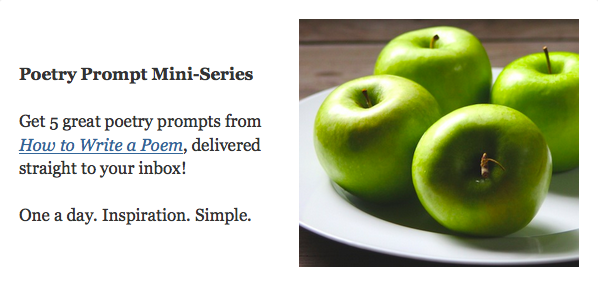“Why haiku?” I muse yet again after a dozen years of immersion in the genre.
Haiku’s influence is widely seen in English literature, and many prominent writers have taken to it directly: Amy Lowell, Richard Wright, Jack Kerouac, Alan Ginsburg, Gary Snyder, Billy Collins, not to mention last year’s Nobel prize laureate for literature, Thomas Tranströmer:
A cutting wind
moves through the house tonight—
the demons’ names
Yet, for every hundred people familiar with haiku, ninety-nine will cite the seventeen-syllable count as the main hallmark; ironically this is the least valid attribute. English syllables are not equivalent to Japanese on. And the 5-7-5 rhythm is only inherent to the Japanese language. Other languages call for their own rhythms. This has been evident in the haiku journals for some time, where 5-7-5 haiku seldom appear.
What made haiku a eureka discovery for me had nothing to do with syllable count but rather the poetic power of so few words, the alchemy of its techniques and aesthetics. The immediacy of sensory images (the ultimate in show, don’t tell), a sense of time and eternity with a focus on present experience against the backdrop of perennial seasons, the juxtaposition and disjunction of images (most haiku are split into two parts).
a stone, a leaf…
the quiet closing
of a door
-Peggy Willis Lyles
One aim of haiku’s approach is to capture a hard-to-define sense of ma, a Japanese concept that roughly translates as gap, space, or pause. Other far-flung words and phrases associated with ma include interval, silence, white space, atmosphere, nuance, savor, mystery, inexplicability, the forgotten recalled or missing found, a sense of betweenness… In Japan, a haiku can receive no greater compliment than “There is ma.”
In Kyoto,
hearing the cuckoo,
I long for Kyoto
–Basho, translation by Jane Hirshfield
Like all enduring art forms, haiku stays rooted in tradition but continues to evolve. What’s being done with monoku, the one-line form of English-language haiku, is a good example of ongoing experimentation:
the high fizz nerve the low boom blood dead silence
-Jim Kacian
Ironically, perhaps, these musings of mine have already become wordy for a haiku poet. I find myself wanting to return to the simplicity of few words…
a full sail
the sea and sky
one blue
-Christopher Patchel
Photo by Jan Maklak, Creative Commons License via Flickr. Post by Christopher Patchel. His first haiku collection Turn Turn is forthcoming from Red Moon Press.
________________________
Click to get FREE 5-Prompt Mini-Series
- Why Haiku: Not Just 5-7-5 - December 17, 2012


Maureen Doallas says
Lovely post, Christopher. Looking forward to your collection.
Christoper Patchel says
Thanks Maureen.
Chris Yokel says
Exactly. This is why most American haiku poets do not maintain the 5-7-5 form, but only the essential idea of haiku, which is capturing a moment.
marianne says
love how the sea meets the sky and the horizon blends together.
Christoper Patchel says
Thanks Marianne.
Megan Willome says
I have a friend who publishes haiku, and she says it has the longest, most complicated explanations of any poetic form, while yielding some of the shortest poems.
Ron says
Just found your explanation for American haiku found in journals. Very helpful.
Christoper Patchel says
Thanks Ron.